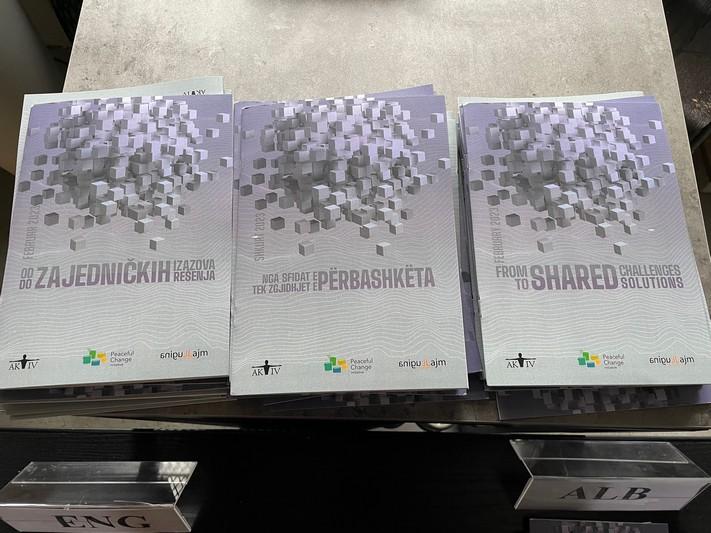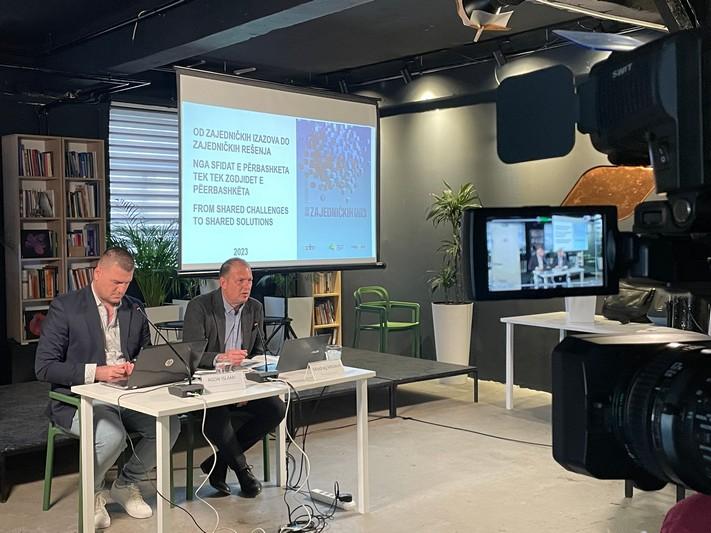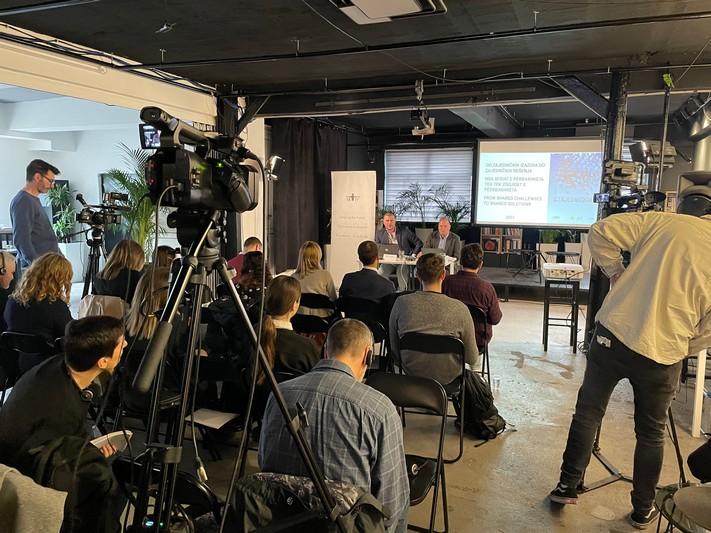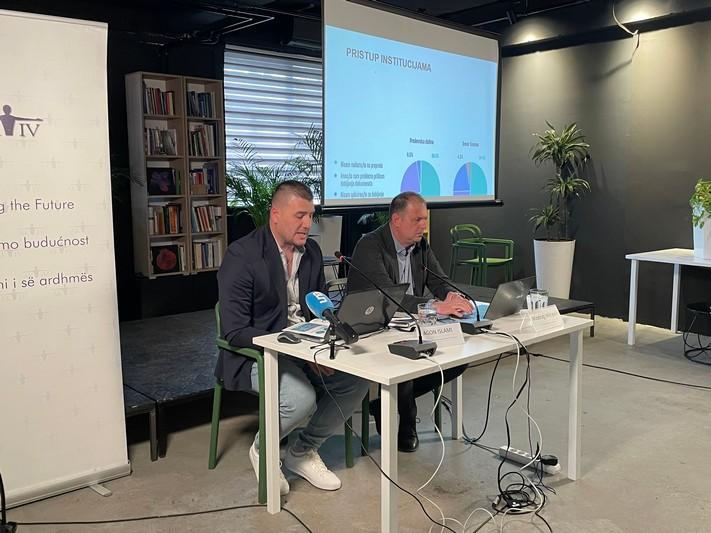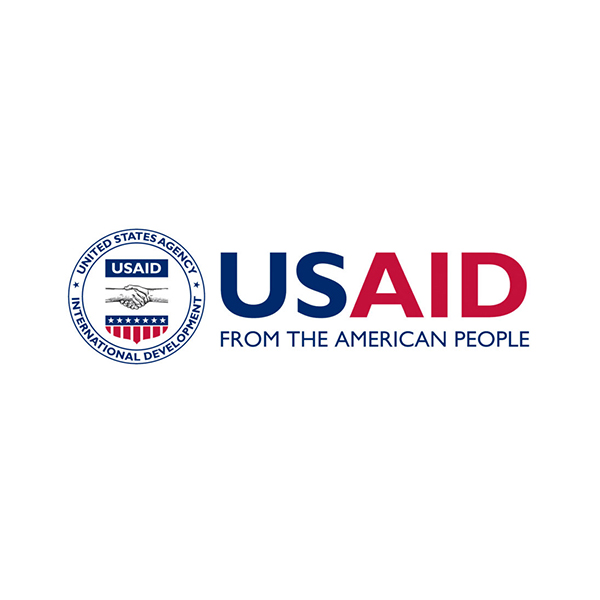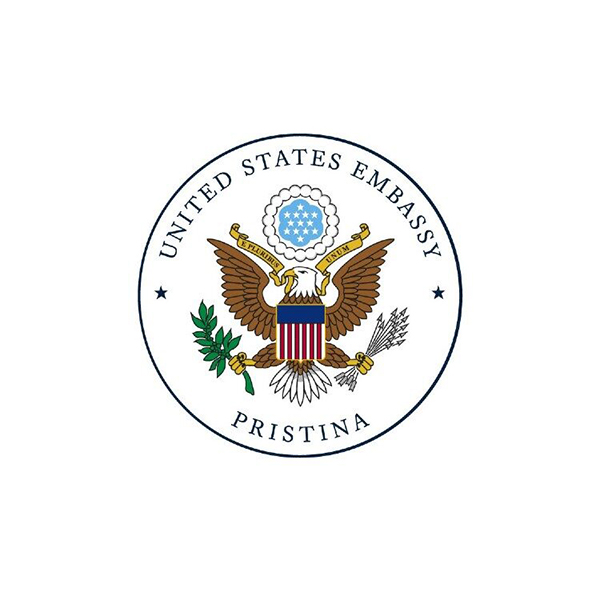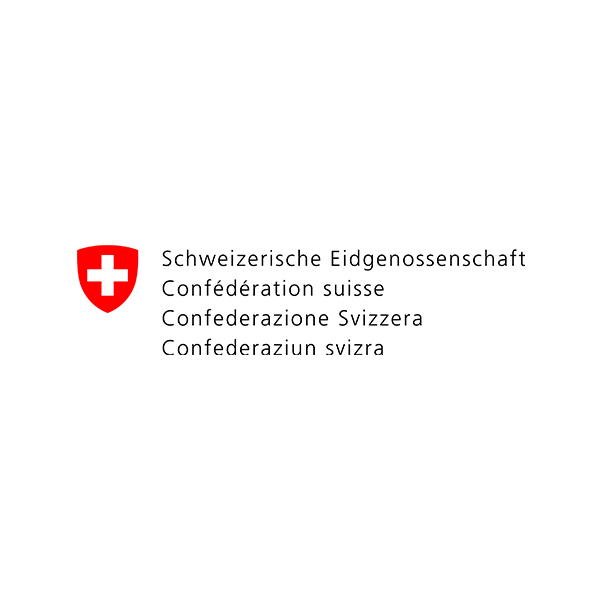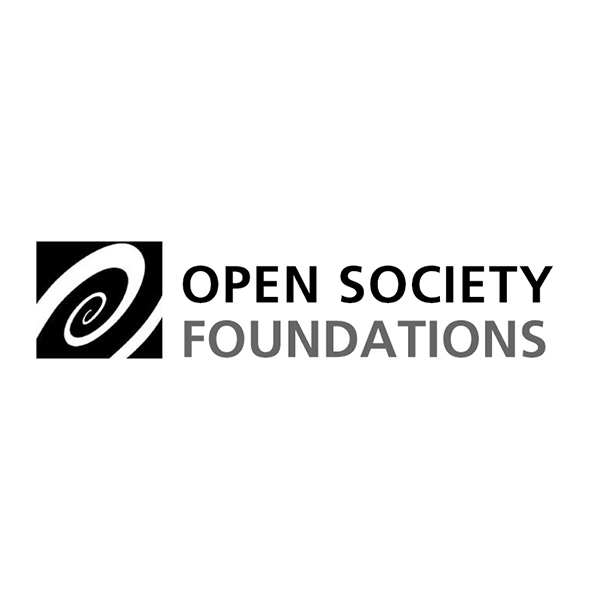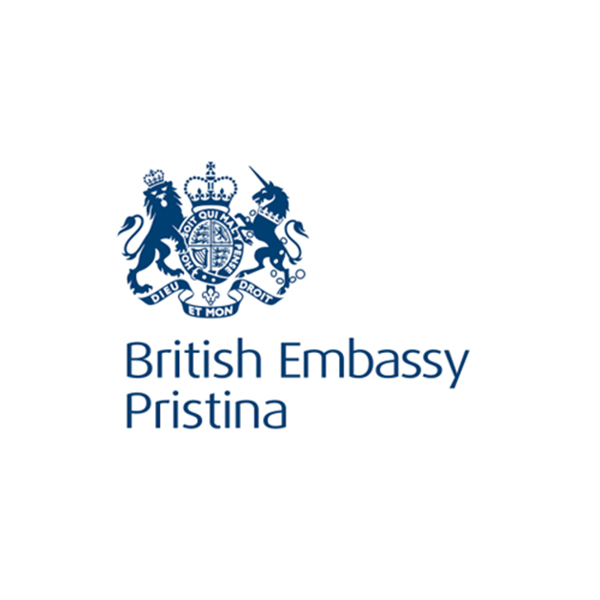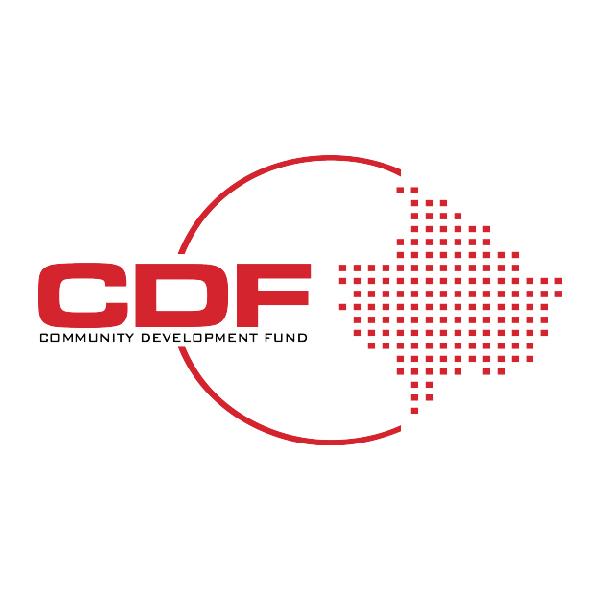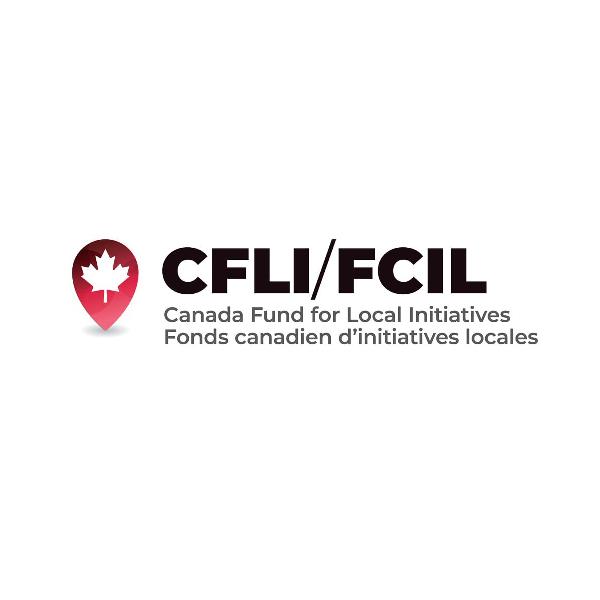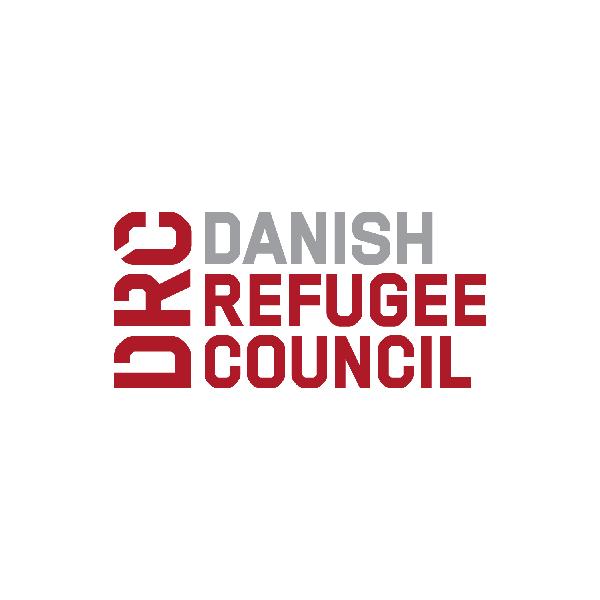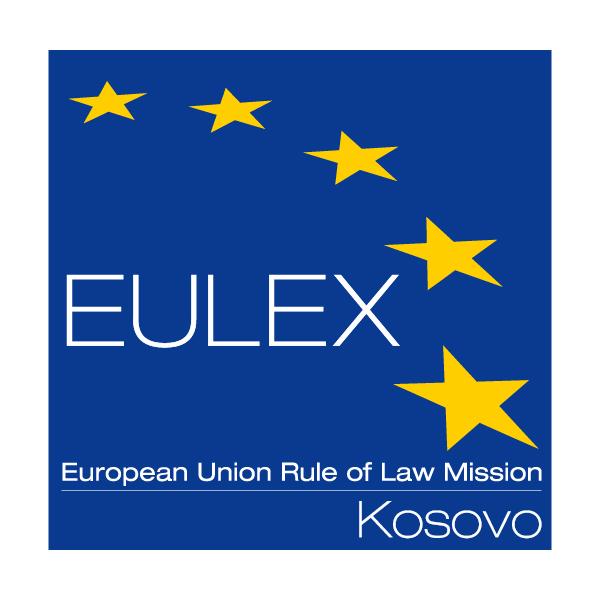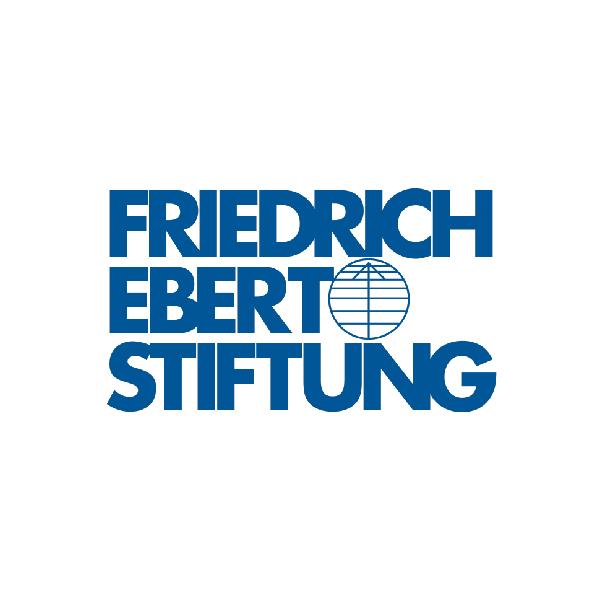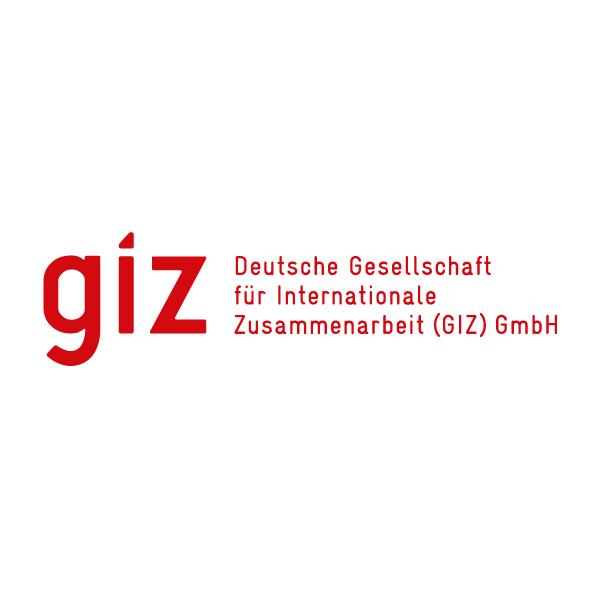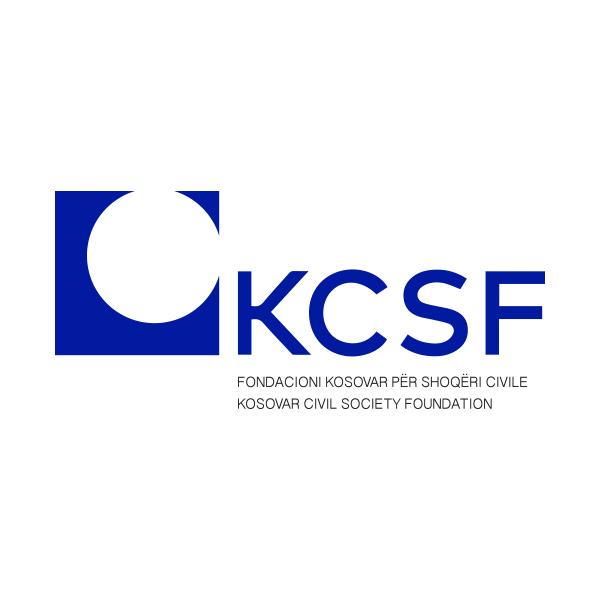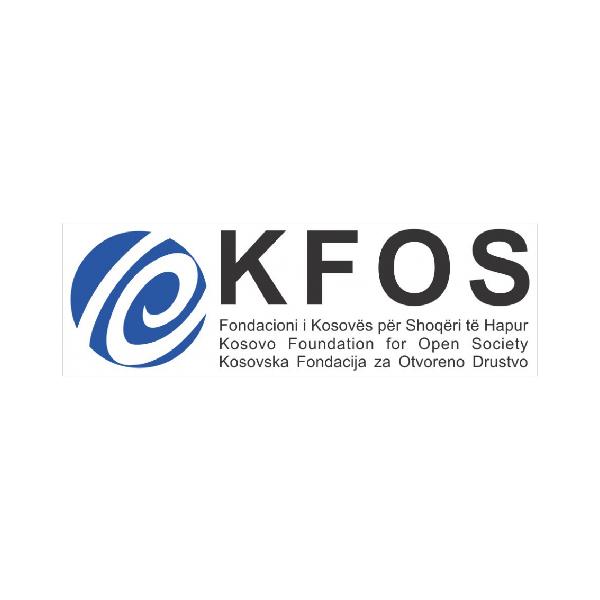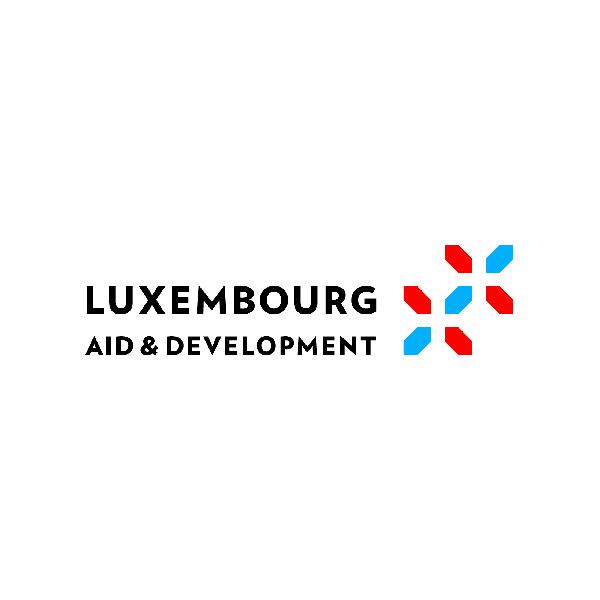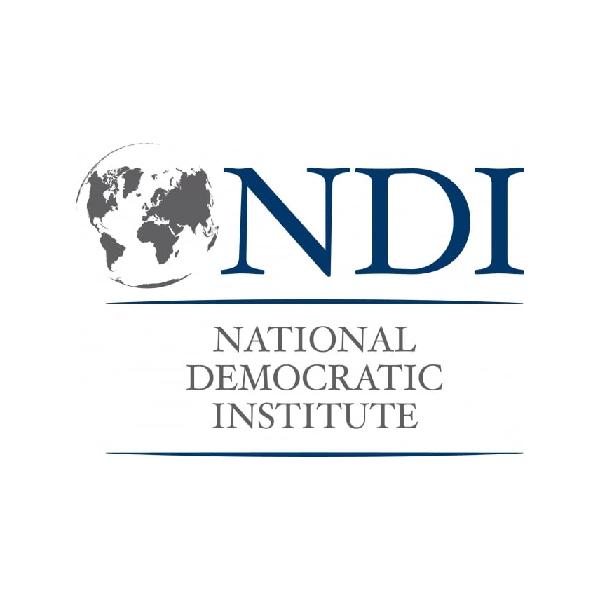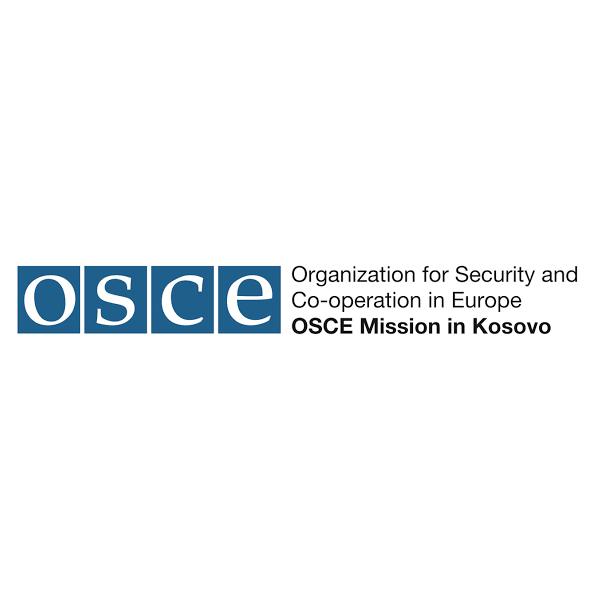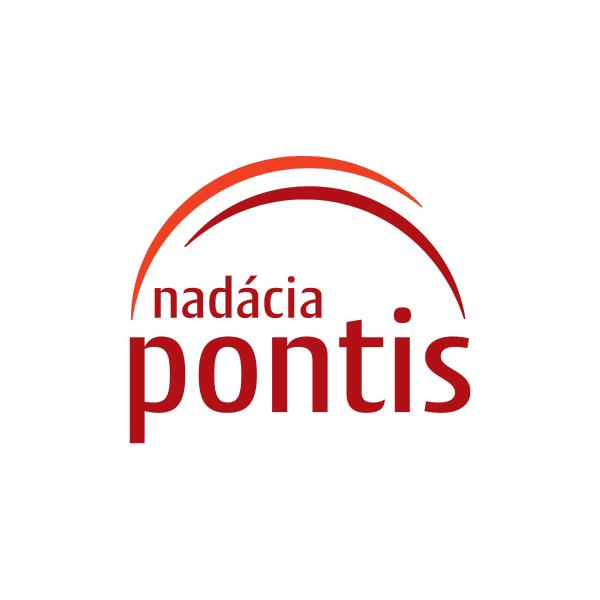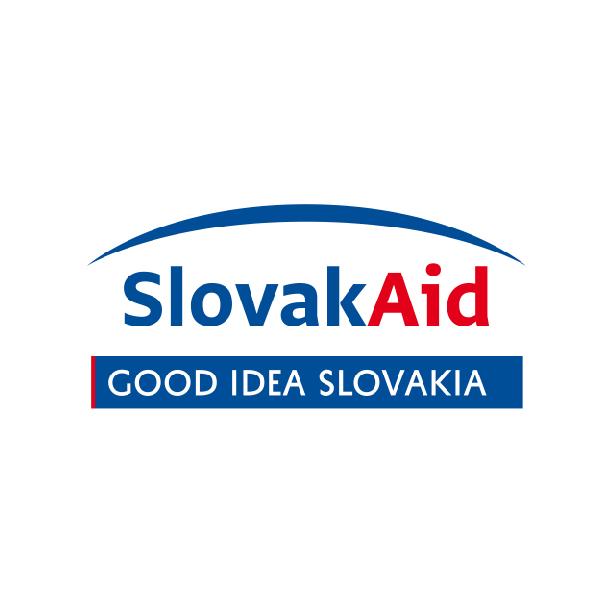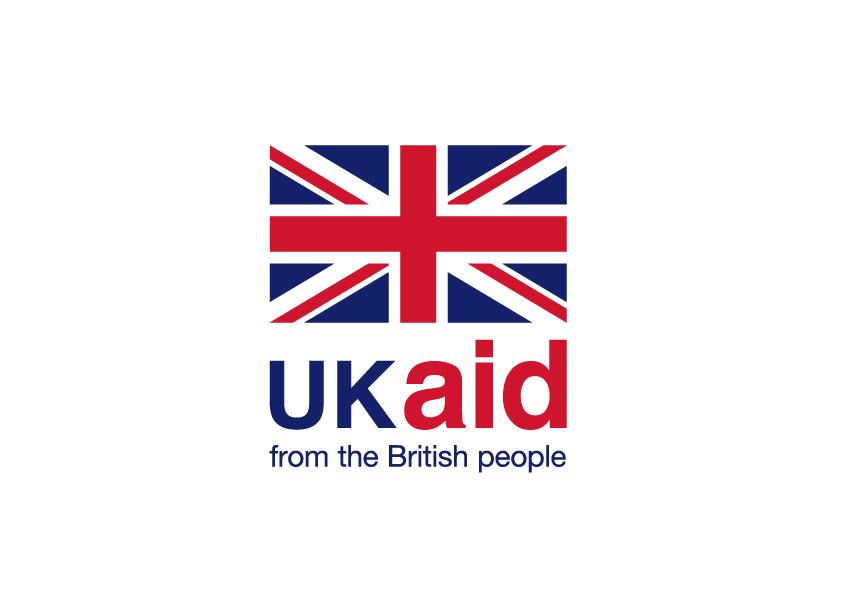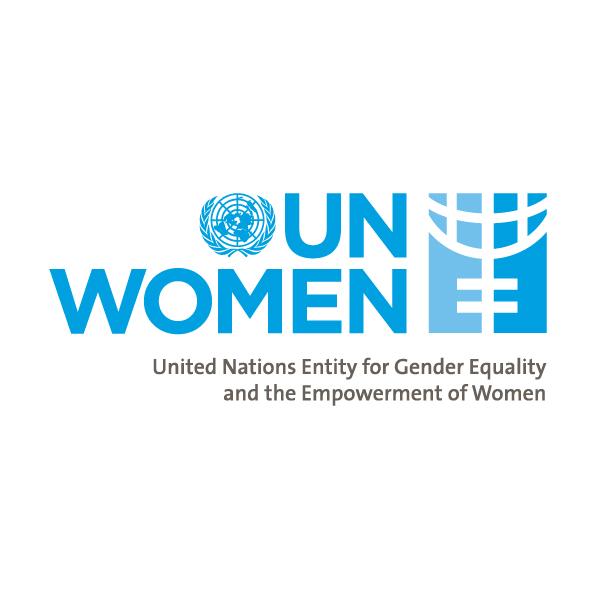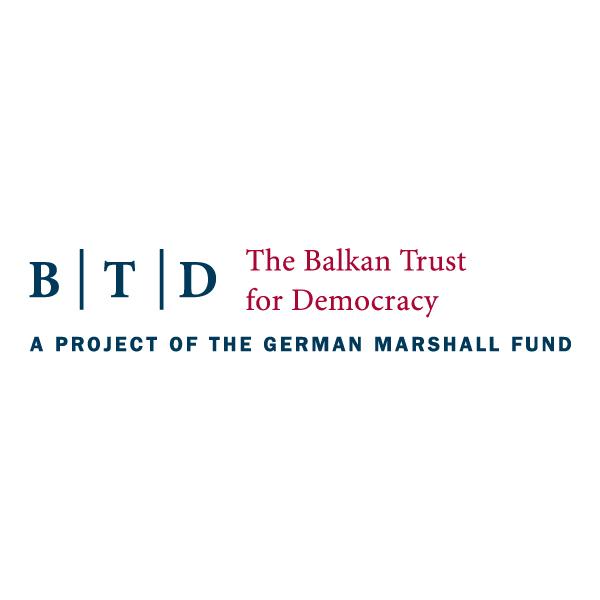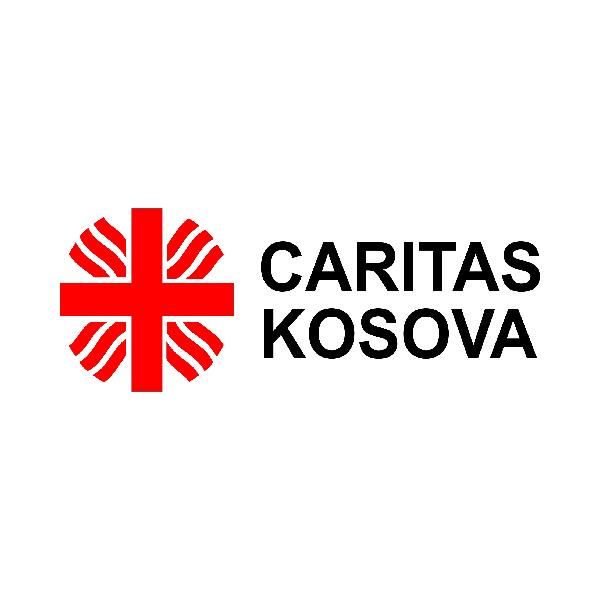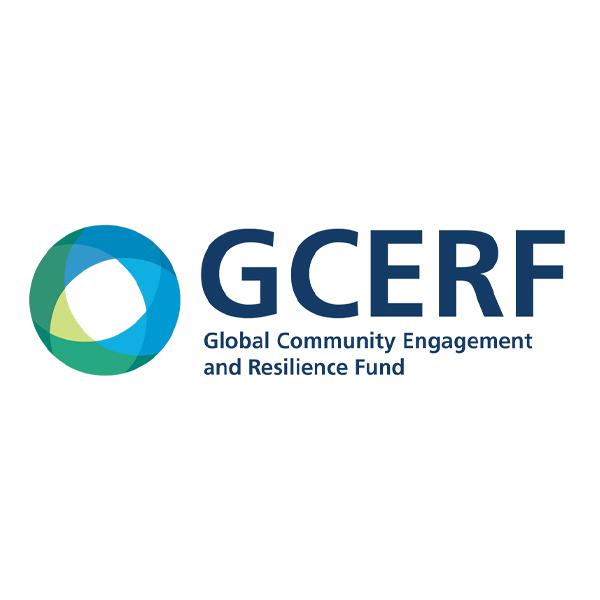NGO AKTIV and the Center for Democracy and Education – Valley, from Bujanovac presented joint research today on the position of the Serb community in north Kosovo and the Albanian community in south Serbia.
The research showed that the economic situation and outward migration of young people are only some of the shared problems between Serbs from the north of Kosovo (North Mitrovica, Zvecan, Zubin Potok and Leposavic) and Albanians in south Serbia (Prseva, Medvedja and Bujanovac).
The results of the research were present by the Executive Director of NGO AKTIV, Miodrag Milicevic, and Agon Islami, Coordinator for the Center for Democracy and Education – Valley. They highlighted the main findings which showed that the biggest problem faced by Serbs in the north is security, while the non-recognition of diplomas and unemployment are seen by Albanians from Presevo, Medvejda and Bujanovac as being their community’s most pressing issue.
The research examined citizens’ attitudes regarding freedom of movement, the use of language, as well perspectives for young people in both communities. During both presentations, in Pristina and in Belgrade, Milicevic and Islami agreed that this research showed what is of utmost importance to both communities: One of the main shared problems is the departure of young people and the poor overall economic situation.
“Residents of the north that they have been abandoned after the removed of the barricades. There has been a noticeable fall in trust in Srpska Lista as well as in institutions in Serbia, included in Serbian President Aleksandar Vucic.” said Milićević.
“Albanians have the highest level of trust in the government of Kosovo and in the President of Kosovo. They expect to be a part of the Belgrade-Pristina dialogue process,” said Islami.
This research also contains recommendations for further actions that could be geared at local and central-level authorities, the international media, as well as media and civil society.
The presentations in Pristina and in Belgrade were attended by the media, representatives of civil society, the diplomatic corps, activists and interested citizens.
Survey can be downloaded here: LINK
This research was funded by PCi, the views expressed do not necessarily reflect the official policy of PCi.

